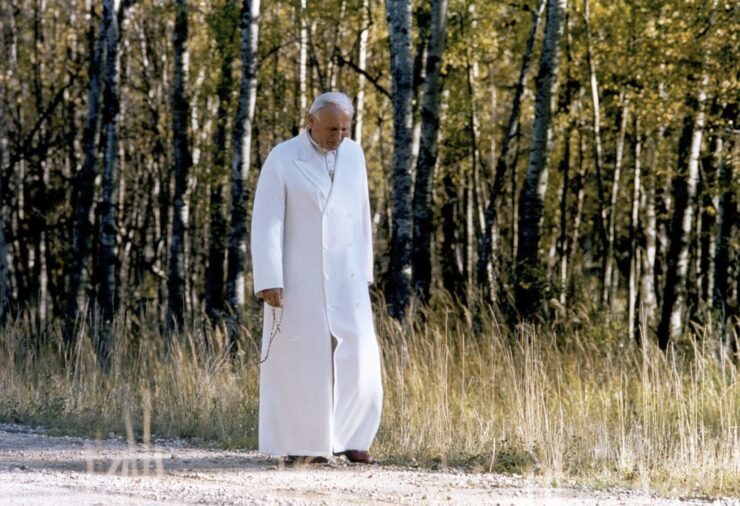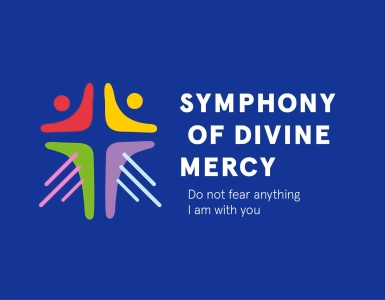In this open time of the entire Church, St. John Paul II also inscribed his personal time. This became more and more evident as the end of his earthly pilgrimage approached. He never hid it, what is more: he showed this truth about himself and his open time to others. Many remember his poignant words, with which he said goodbye to his native land on August 19, 2002 at the feet of Our Lady of Calvary. First, in his homily, he said:
“Most Holy Mother, Our Lady of Calvary, obtain also for me strength in body and spirit, that I may carry out to the end the mission given me by the Risen Lord. To you I give back all the fruits of my life and my ministry; to you I entrust the future of the Church; to you I offer my nation; in you do I trust and once more to you I declare: Totus Tuus, Maria! Totus Tuus. Amen.” Then, after the Holy Mass, he thanked and at the same time asked the Poles: “When I visited this shrine in 1979, I asked you to pray for me here, during my life and after my death. Today I thank you and all the Pilgrims of Calvary for these prayers, for the spiritual support that I constantly receive. And, I still ask: do not cease in this prayer – I repeat once again – during my life and after my death. And I, as always, will reciprocate your kindness, commending everyone to the Merciful Christ and His Mother.”
His forward-looking – his open time – was always rooted. Referring to his poem ‘Thinking Homeland’… from 1974, we can say: constantly, fully consciously, he emerged from his beloved Poland and, at the same time, he constantly was putting roots in it. He understood it as a treasure, constantly asking: “how to multiply it, how to expand this space that it fills”.
Similarly, we can say about his relationship with the Church. In an unfinished poem Stanislaus, written in Rome in 1978, just before the conclave after the death of St. Paul VI, he confessed: “I want to describe the Church – / my Church, which is born with me, / but does not die with me – I also do not die with it, / which constantly surpasses me – / The Church: the bottom of my being and the summit./ Church – the root that I plant into the past and the future at the same time,/ The sacrament of my existence in God who is Father.”
At this junction between reaching into the past through memory and running with the power of hope into the future, the present of Karol Wojtyla – St. John Paul II was formed. It was the space of time in which he consciously forged his identity. That’s who he was becoming. Who he remained in our memory as a master and teacher of open time.
The Foundation of St. John Paul II, in which, by the will of Divine Providence, we were given the opportunity to work, is not only to consolidate our memory of him, but also to deepen: for our good, for the proper formation of our identity, so that our lives and those who will come after us may be filled with hope, a time that is open to eternity.
Lateran, September 23, 2022





